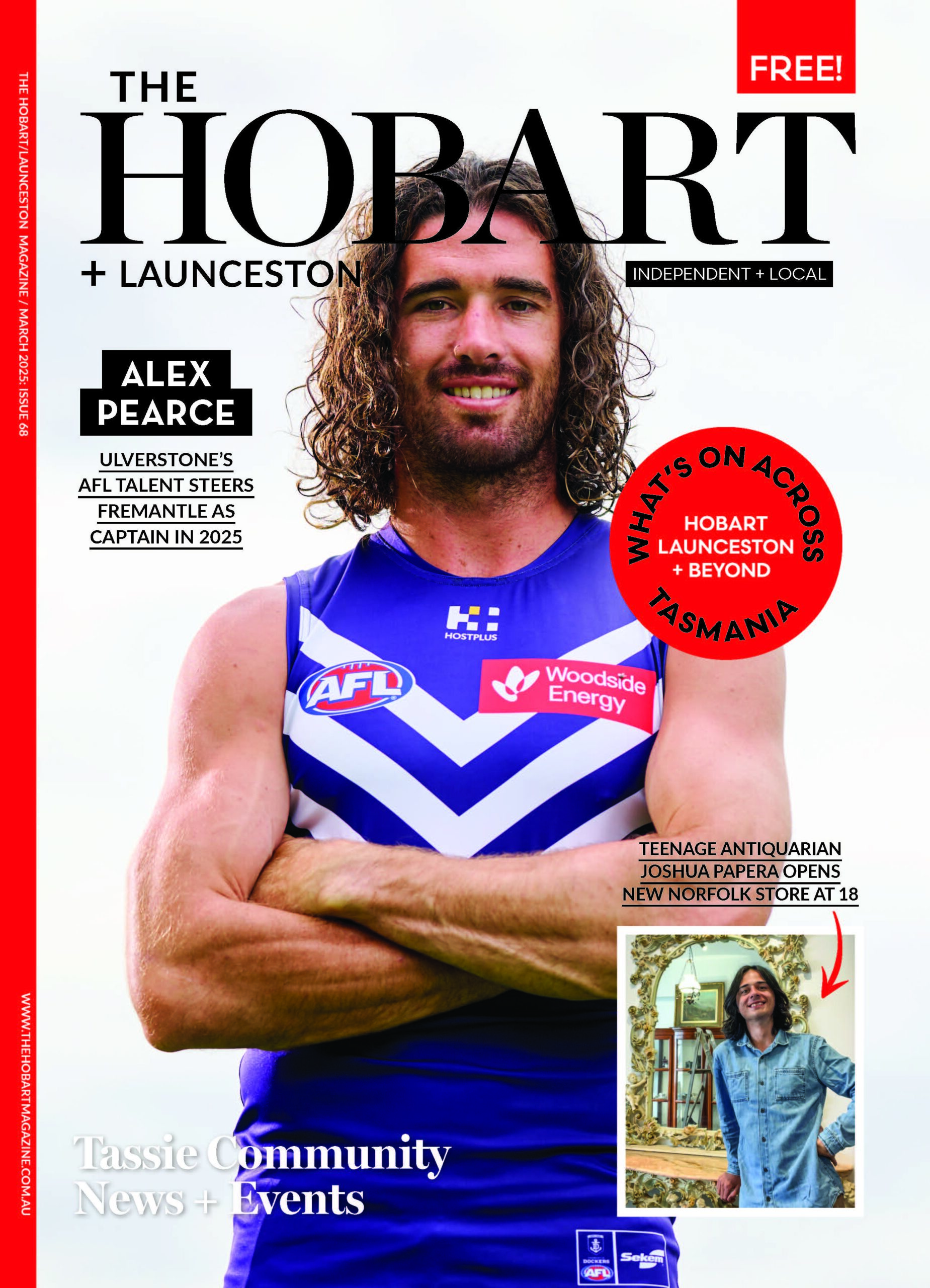Boom Time For E-Bikes in Hobart
by Bonnie Mary Liston

Australia has seen a bicycle boom during COVID-19 with many stores struggling to keep up with the increased demand. People have turned, in huge numbers, to the humble bicycle as a source of socially distanced exercise and as a primary mode of transport now that public transport is a bit too public for many people’s taste. Some commuters are hoping that biking will also save them from the greater traffic congestion predicted as people return to work.
In Tasmania where we’re less affected by the pandemic than some other places, this trend still holds true. Bike shops, such as Hobart’s Cyclingo, report sales have increased steadily over the pandemic period.
Another strongly growing trend is buying e-bikes. E-bikes are pedalled like a regular bike but with a small electric motor that adds power to your pedaling, meaning you can go faster for longer with less effort. Tasmania was ahead of this trend,
having the second highest percentage of e-bike ownership of all Australian states pre-COVID, according to the 2019 National Cycling Participation Survey.
It makes sense Tasmania would be an early e-bike adopter. While the mountainous terrain of the state provides the adept biker with some exciting bike parks, it can put off the more casual cyclist. Particularly if they want to cycle in the city – just as hilly as the wilderness but with even less bike tracks. E-bikes level the playing field, making the steep hills of Hobart feel like flats and the flats feel like downhill. They can also reopen the experience of bike parks to those who may have considered themselves too old for such experiences.
“Everyone’s enthusiastic about electric bikes because it’s given people the ability to ride the trails,” said Jim Kinstler, a 59 year old cycling enthusiast. “They extend your ability to ride. For so many people it’s the thought of riding up a hill that stops them riding a bike full stop. The e-bike gives you that helping hand up the hill but still gives you the feeling you’re actually cycling the bike, so you’re still getting the endorphins from the exercise side of cycling but without the strain on the body. Instead of being able to cycle up and down the various biking routes for an hour you could actually do it for three hours and enjoy the three hours, whereas if you only did it for an hour [without an e-bike] you’d probably only enjoy half an hour of it because the other half would be slogging uphill.”
E-bikes are also an environmentally conscious option, an issue near and dear to many Tasmanians’ hearts. According to Ahmet Bektas from Teros Electric Bicycles in Hobart, “A human on a bicycle is more energy-efficient than any other animal and any other form of transportation.”
For the public commuter, e-bikes can solve far more practical problems than one’s carbon footprint,” Alison Hetherington from the Tasmania Bicycle Network said. “We have office e-bikes we use and they’re perfect for urban riding – they’re quick, parking isn’t a problem and you can wear work clothes and not worry about getting sweaty.”
The largest stigma e-bikes have to overcome is the idea that using them is somehow “cheating” when compared to a regular bicycle. “The cheating accusation often comes from people who ride for fitness or competition, but many people use e-bikes for transport rather than recreation. E-bikes still require you to pedal so you’re getting exercise, it’s just not as intense as it is with no motor,” Alison said. “And many people find that because e-bikes are so easy to ride, they ride more often.” While it may be reduced exercise compared to riding an acoustic bike, it’s far greater than the workout you get sitting in your car. Ahmet stresses that e-bikes aren’t just practical, they’re a great source of fun and Jim agrees, “There’s not too many people who would get off an e-bike without a smile on their face.”
The government seems hopeful that the COVID cycling boom will continue, recently investing $65 million in a project to widen the Tasman Bridge making more room for cyclists and walkers. At the moment, if two cyclists go to pass each other they generally don’t fit and one has to disrupt their ride to hop off and get out of the way. The widening will take the walk/bike lane up to 3.5m, providing even more incentive to commute on the bike.

